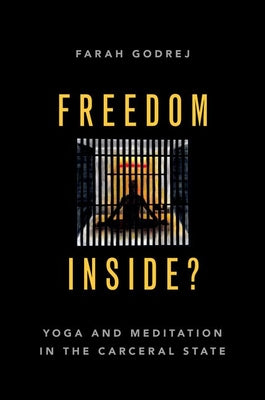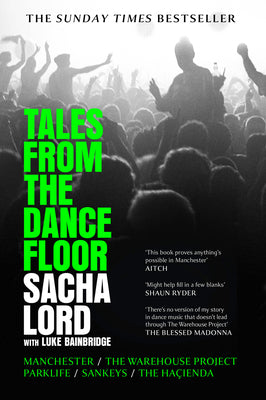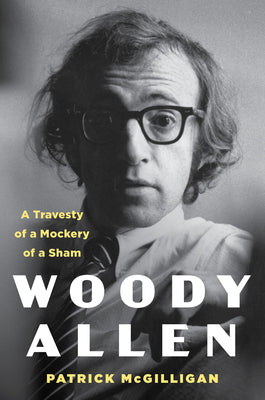
all Products
History & Theory
Political Science
Freedom Inside?: Yoga and Meditation in the Carceral State
Freedom Inside?: Yoga and Meditation in the Carceral State
Godrej, Farah
Select Format
Regular price
$30.88 USD
Regular price
$32.51 USD
Sale price
$30.88 USD
Unit price
per
Shipping calculated at checkout.

An estimated forty million people in the United States regularly practice yoga, and as an industry it generates over nine billion dollars annually. A major reason for its popularity is its promise of mental and physical well-being: yoga and meditation are thought to be spiritual paths to self-improvement. Yoga is also widely practiced in prisons, another large business in the United States. Prisons in all fifty states offer yoga and meditation as a form of rehabilitation. But critics argue that such practices can also have disempowering effects, due to their emphasis on acceptance, non-judgment, and non-reaction. If the root of suffering is in the mind, as the philosophy behind yoga and meditation suggests, then injustice (including mass incarceration) may be reduced to a mental state requiring coping techniques rather than a more critical mindset. Others insist that yoga can heighten people's attention to structural violence, hierarchy, racism, and inequity. In fact, some of history's most radical activists, including M.K. Gandhi and Thich Nhat Hanh, traced their ethical and political commitments to their grounding in yogic or meditative traditions. Yoga and meditation programs no doubt offer crucial respite for those who are incarcerated, but what sort of political effects do they have? Do they reinforce the neoliberal logic of mass incarceration which emphasizes individual choices, or can they assist marginalized people in navigating systemic injustice? Drawing on collaborations with incarcerated practitioners, interviews with volunteers and formerly incarcerated practitioners, and her own fieldwork with organizations offering yoga/meditation classes inside prisons, Farah Godrej examines both the promises and pitfalls of yoga and meditation. Freedom Inside? reveals the ways in which incarcerated persons have used yogic practices to resist the dehumanizing effects of prisons, and to heighten their awareness of institutional racism and mass incarceration among poor people and people of color. Godrej argues that while these practices could unwittingly exacerbate systemic forms of inequity and injustice, they also serve as resources for challenging such injustice, whether internally (via the realm of belief) or externally (through action). A combination of ethnography and political theory, Freedom Inside? reimagines the concept of "resistance" in a way that considers people's interior lives as a crucial arena for liberation.
Accessories:
No Accessory
Publisher
OXFORD UNIV PR
Bisac Major Subject
Political Science
Binding Type
Paperback
Country Of Origin
US
Number Of Units
1
Length
9.06 Inches
Barcode Indicator
EAN
Width
6.15 Inches
Publication Date
1970-01-01
Height
0.94 Inches
ISBN 10
0190070099
Weight
1.29 Pounds
Book EAN
9780190070090
Target Audiance
Adults
User reviews will be displayed here...
Related products or products you might find interesting

20% OFF
The Bible Recap: Deepen Your Understanding of God's Attributes from Every Book in the Old Testament
Cobble, Tara
$17.21 USD Shop Now
Art & Art Instruction

Art & Art Instruction

20% OFF

Architecture
Window Shopping with Helen Keller: Architecture and Disability in Modern Culture
Serlin, David
$121.96 USD Shop Now
Art & Art Instruction

Biography / Autobiography

Biography / Autobiography

Biography / Autobiography
Tales from the Dancefloor: Manchester / The Warehouse Project / Parklife / Sankeys / The Ha
Lord, Sacha
$30.00 USD Shop Now
Biography / Autobiography



